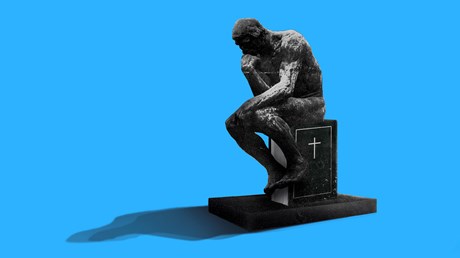Scripture offers a deeper analysis of modern society than modern society could give itself.

Many people become suspicious at the mention of critical theory, especially as it applies to controversial matters of race, gender, law, and public policy. Some see the ideologies traveling under that banner as abstruse frameworks only minimally related to real-world affairs. Others see critical theory as a ruse meant to confer unearned scholarly legitimacy on highly debatable political and cultural opinions.
Christopher Watkin, an Australian scholar on religion and philosophy, wants to reorient discussions of critical theory around Scripture’s grand narrative of redemption. In Biblical Critical Theory: How the Bible’s Unfolding Story Makes Sense of Modern Life and Culture, he shows how God’s Word furnishes the tools for a better, more compelling critical theory—one that harmonizes the fragmentary truths advanced by its secular alternatives. Mark Talbot, professor of philosophy at Wheaton College, spoke with Watkin about his book.
Let’s begin with a basic question: How do you define critical theory?
There’s more than one answer to that question. There’s a narrow sense and a broad sense. The narrow sense is probably the one that most people come across first today. People have heard of things like critical race theory that involve very particular ways of critiquing society through a specific lens. But critical theory, more broadly conceived, is a way of engaging with society that points out what’s wrong with the world on a deep level and then suggests what needs to change to make it better.
As I’ve studied critical theories over the years, I’ve noticed that almost all of them do three things. First, critical theories make certain things viable so that you begin to think ...
from Christianity Today Magazine
Umn ministry


.gif)

.gif)
.gif)
